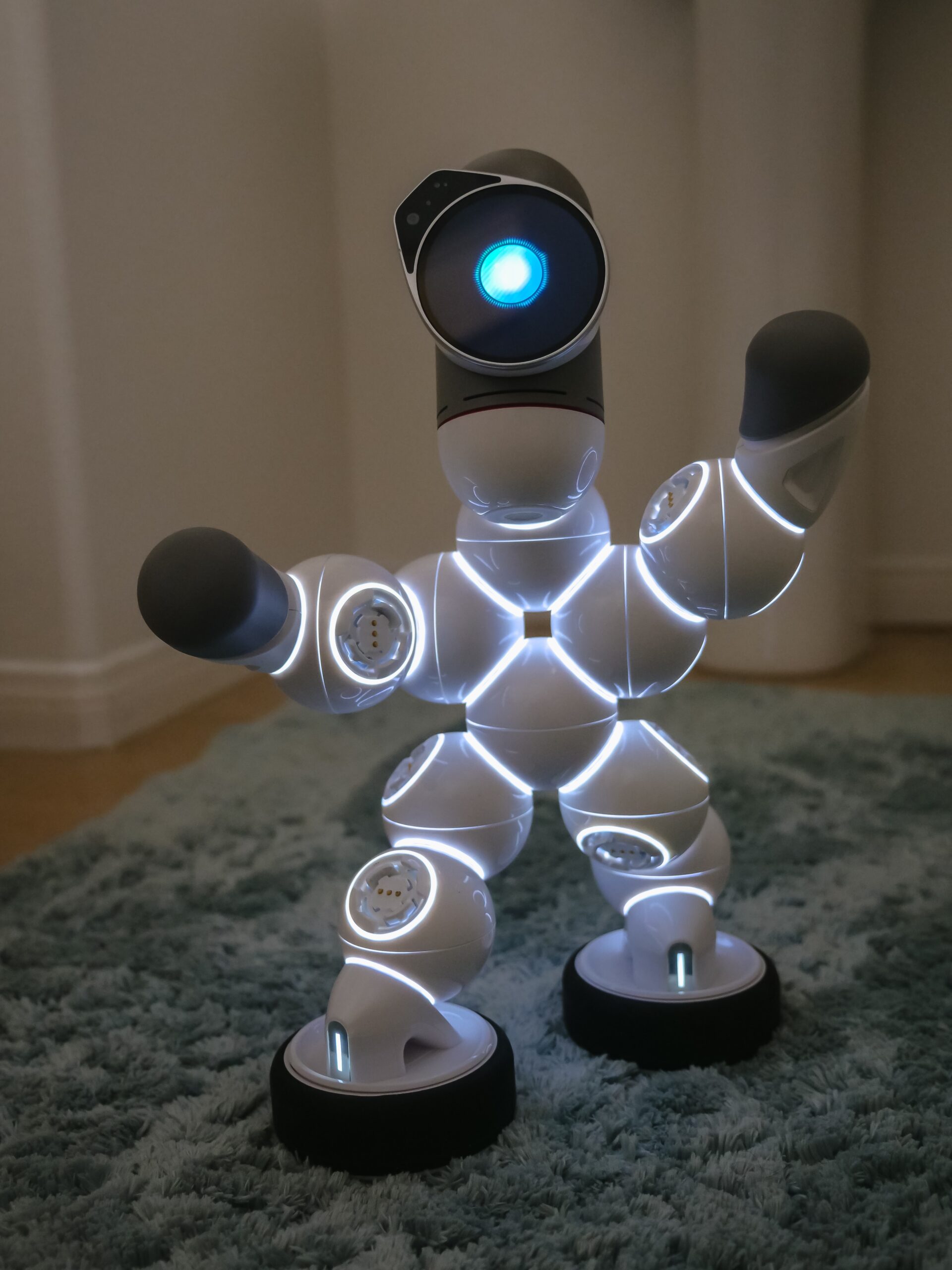Introduction:
Artificial intelligence (AI) is the computer emulation of human intelligence functions. Machines are now capable of learning, reasoning, and self-correction thanks to AI technologies. Even though the technology has been around for a while, it has only recently come to the public’s attention due to its potential to completely transform several industries. Artificial intelligence is a catch-all term that includes several related topics, such as machine learning, deep learning, natural language processing, robotics, and expert systems. In this essay, we shall examine the background, present situation, and probable future of AI.
History:
The idea of artificial intelligence (AI) was first proposed by the Greeks, who had visions of creating intelligent robots. In the middle of the 20th century, researchers started looking at the possibility of building machines that could mimic human intelligence. Dartmouth College, widely regarded as the cradle of AI, had a meeting in 1956 that was organized by John McCarthy, Marvin Minsky, Nathaniel Rochester, and Claude Shannon. Several eminent experts spoke at the conference about how machines could eventually do things that would otherwise require human-level intelligence. For use in tasks like speech recognition, chess play, and medical diagnosis, researchers throughout the following several decades developed a variety of AI methodologies, including rule-based systems and expert systems. AI did not live up to its early hype, though, and the field moved slowly. The “AI winter” of the 1980s saw a fall in AI as funding for research into the field dried up and there were no noticeable benefits.
Present Situation:
Because of improvements in processing power, the accessibility of vast amounts of data, and innovations in machine learning techniques, AI has recently seen a renaissance. Machines can now learn from enormous volumes of data and carry out tasks like picture recognition and natural language processing with an unparalleled level of accuracy. Healthcare, banking, and transportation are just a few of the industries that AI technology has already revolutionized. The creation of neural networks, computer models that are modeled after the composition and operation of the human brain, is one of the most important developments in AI. For applications like speech recognition, image and video analysis, and natural language processing, neural networks are the best choice since they can learn from data and get better over time. Businesses already use chatbots that are driven by AI to enhance customer service and streamline processes.
AI is also progressing significantly in the healthcare sector. AI-powered diagnostic technologies can analyze medical pictures like X-rays and MRIs to accurately diagnose diseases and disorders. Personalized treatment plans are also being created using AI, and they are based on a patient’s medical background, genetic makeup, and lifestyle choices.
The transport sector is likewise changing as a result of AI. Artificial intelligence (AI)-powered self-driving cars have the potential to lower accident rates, traffic jams, and carbon emissions. Autonomous car testing on public roads is already being conducted by businesses like Tesla and Waymo.
Potential Future
Artificial intelligence has essentially unlimited potential, and its effects on civilization are anticipated to be profound. AI has the potential to completely transform several sectors, including industry, education, and finance. AI-powered personal assistants may become commonplace and assist users with decision-making and daily duties. Applications for virtual and augmented reality that are AI-powered have the potential to change how we work, learn, and communicate with one another.
AI has the potential to transform scientific inquiry. Massive amounts of data may be analyzed by machine learning algorithms, which can then find patterns and correlations that people would be unable to notice. AI might hasten the development of novel drugs, materials, and technologies. But there are also social and ethical issues that the development of AI brings up. Artificial intelligence (AI) technology may result in employment displacement, aggravate wealth inequality, and cause privacy issues. If AI systems are not created and educated properly, they may also reinforce prejudice and discrimination.
